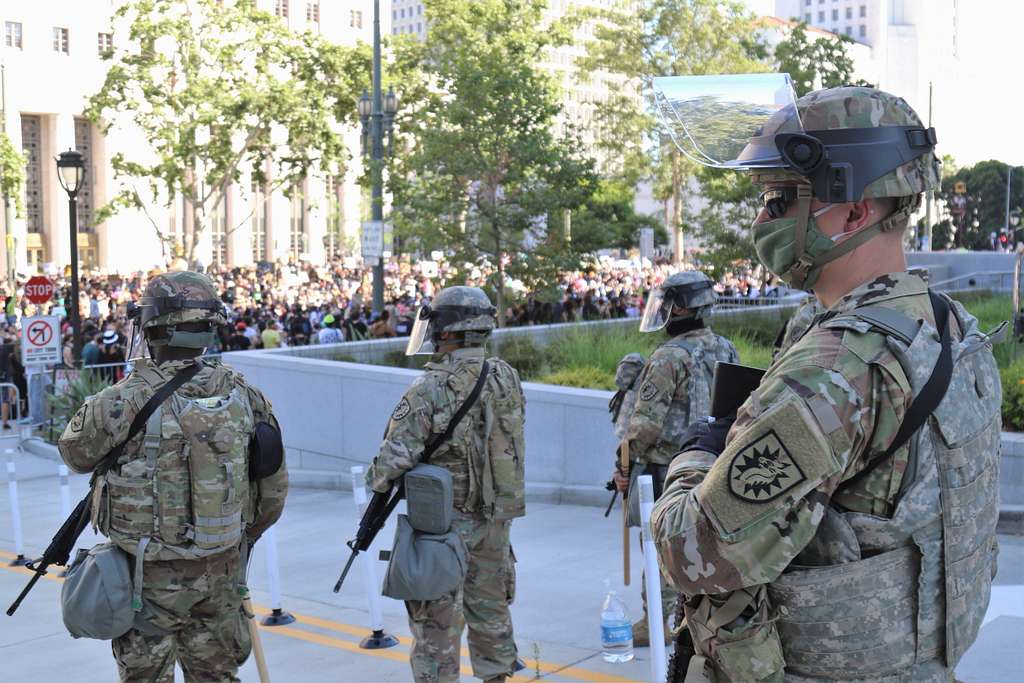This past Saturday, the Society of Afrikan-American Culture hosted the second annual Live Black Wax Museum. Students from the African-American community here at N.C. State portrayed prominent African-American figures that had contributed not only to black society, but also to society as a whole.
Middle school students participating in the Saturday Program for Academic and Cultural Education (SPACE) went around to the different “wax” figures, pressed down on the button located in front of the individual, and the person would “come to life” giving the students a brief history lesson about who they are and what they had accomplished.
Dante Ray, a freshman in political science, portrayed Hiram Rhodes Revels, the first black person elected to the U.S. Senate. Dante feels that the Live Black Wax Museum is a very informative event that will help educate the younger generation about the individuals who made a difference in society.
Another participant in the museum, Alonza Martin, a freshman in computer engineering who portrayed Booker T. Washington, hopes that the museum will spark a resurgence of cultural awareness for the middle school students and that they will leave the museum with a good sense of knowledge about African-American history.
The event, which lasted a little more than an hour, was a success to not only those who participated as figures in the wax museum, but to those who attended as well.
Toni Thorpe, the program coordinator for the African American Cultural Center, says that this is the perfect example of the passion and dedication the students here at N.C. State have for educating others about the important role African-Americans have played in the history of this country.
However the key purpose of the museum was to inform the children about our heritage according to Deidra Dunn, a sophomore in chemical engineering and the person in charge of coordinating the museum this year.
The true success of the event, she stated, is having the students obtain new knowledge about our history that they did not know before.
This knowledge, ladies and gentleman, is hopefully something these young students will pass on to others for years to come. In doing so, our history will truly be kept alive for generations to come.






